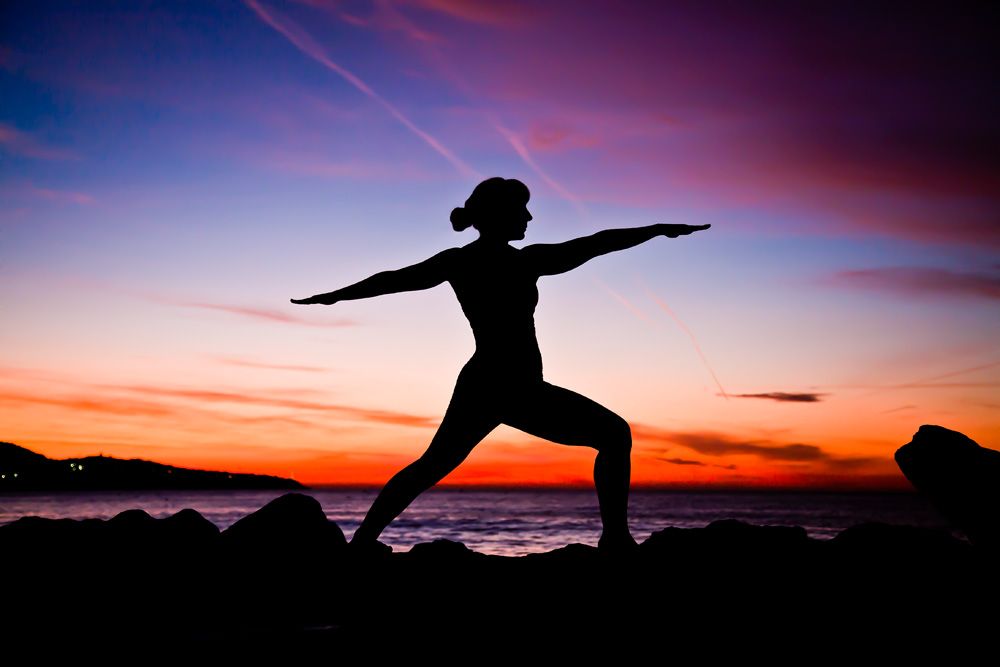Practicing those Downward-Facing Dogs can definitely lead to some upward-facing moods.
A systematic review of 12 randomized trials looking at yoga for the treatment of depression showed that the ancient health practice is associated with a significant reduction in depressive symptoms compared to usual medical care alone in 5 of those trials.
 The systematic review included data from a total of 619 people with moderate –severe depression; the five trials showing yoga to be more effective than standard care involved an aggregate total of 197 patients.
The systematic review included data from a total of 619 people with moderate –severe depression; the five trials showing yoga to be more effective than standard care involved an aggregate total of 197 patients.
Yoga also bested relaxation training in 3 trials, and aerobic exercise in 2 trials (DynaMed level 2 [mid-level] evidence). The systematic review involved a conducted by Holger Cramer, PhD and colleagues at the department of integrative medicine, University of Duisburg-Essen, Germany.
Interestingly, a sensitivity analysis of all trials showed that only meditation-based (as opposed to posture-based) yoga was associated with significant improvements (Cramer H, et al. Depress Anxiety.2013;30(11):1068-83). Meditation-based approaches include Hatha, Jivamukti, Kripalu and Integral yoga styles.
Dr. Cramer’s group found that people with higher levels of depression were the ones most likely to experience the benefits of yoga practice.
Bearing in mind the limitations of any systematic review—highly heterogeneous studies, different outcomes measures, variable sample sizes—the data as a whole suggest that yoga can and should have a place in the care of people with depression.
Thanks to our friends at DynaMed for sharing this report and their evidence ratings.
For more information on yoga in the context of depression care, check out the book, Yoga for Depression, by Amy Weintraub.







